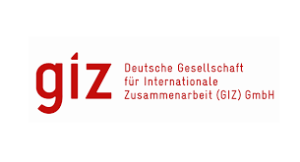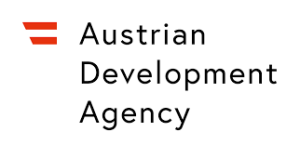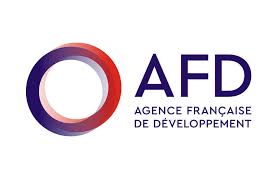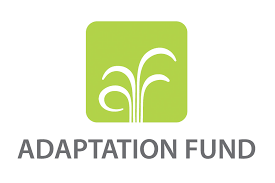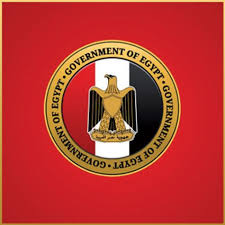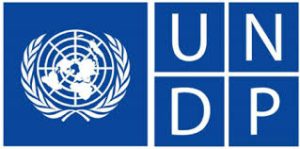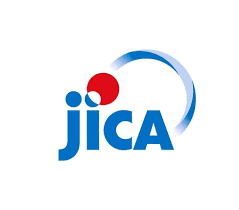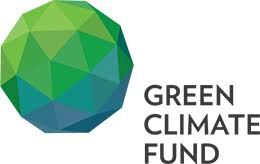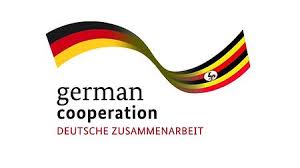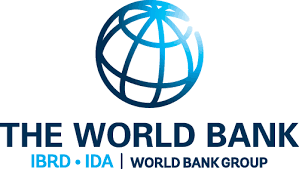Project: Mobilization and Institutional Facilitation of Sanitation (UN-Habitat)
Lake Victoria Water and Sanitation program (LVWATSAN) was first launched in 2004 by the Ministers responsible for water within the East Africa Community (EAC) with the aim of achieving the Millennium Development Goals (MDGs) for water and sanitation in the ‘secondary urban centres’ within the Lake Victoria Basin; ensuring the long term sustainability of the physical investments; addressing the current threats to the lake’s ecosystems from inadequate water and sanitation provision in the secondary and larger settlements around the Lake. LVWATSAN was designed by UN-HABITAT at the request of the Ministers of Water of the EAC for an integrated package of interventions, including water supply and sanitation improvements, solid waste management, and drainage improvements in key areas, as well as capacity building and training for the utilities and town planners.
The Lake Victoria Water and Sanitation (LVWATSAN) Initiative is a pivotal multi-phase program dedicated to addressing the critical challenges of water supply, sanitation, and environmental management in urban centers situated within the Lake Victoria Basin. As a key East African Community (EAC) initiative, LVWATSAN is coordinated by the Lake Victoria Basin Commission (LVBC) and implemented by the respective EAC Partner States, including Uganda. The program aims to reverse the growing pollution of Lake Victoria, improve public health, and enhance the living standards of millions of residents by providing sustainable access to clean water and adequate sanitation infrastructure.
Key Objectives of the Initiative:
LVWATSAN pursues comprehensive objectives to achieve a healthier and more sustainable Lake Victoria Basin:
- Improve Sustainable Water Supply Infrastructure: To significantly expand and rehabilitate water supply systems in targeted urban centers, ensuring reliable access to safe and clean drinking water for growing populations.
- Enhance Sanitation and Wastewater Management: To drastically improve sanitation facilities, including sewerage systems, faecal sludge management, and public toilets, thereby reducing the discharge of untreated wastewater into the lake and its tributaries.
- Strengthen Solid Waste and Storm Water Management: To implement integrated solutions for managing solid waste and improving urban drainage, preventing pollution and improving the urban environment.
- Build Institutional and Human Resource Capacities: To strengthen the technical and operational capacities of local authorities, water utilities (like NWSC), and communities for the sustainable management of water and sanitation services.
- Contribute to Environmental Protection: To reduce the negative environmental impact of urbanization on the Lake Victoria Basin, safeguarding its fragile ecosystem and biodiversity.
- Support Pro-Poor Investments: To ensure that water and sanitation improvements specifically benefit vulnerable and disadvantaged groups, including residents of informal settlements and low-income areas.
Phases and Key Achievements:
The LVWATSAN Initiative has progressed through several impactful phases:
- LVWATSAN Phase I (Supported by UN-HABITAT and Dutch Grants):
- This initial phase targeted 10 secondary urban centers across Kenya, Tanzania, and Uganda.
- In Uganda, towns included: Nyendo/Ssenyange, Bugemebe, and Kyotera.
- UN-HABITAT, through its Lake Victoria Region City Development Strategies Programme, also prioritized major cities like Kampala (Uganda), Kisumu (Kenya), and Mwanza (Tanzania) for improvements in sanitation, waste management, and access to safe drinking water.
- LVWATSAN Phase II (Supported by African Development Bank and African Water Facility):
- Following Ministerial endorsements in 2008 and 2009, this phase scaled up the initiative to include 15 additional secondary towns across five EAC Partner States.
- In Uganda, the targeted towns included: Mayuge, Buwama-Kayabwe-Bukakata (cluster), and Ntungamo.
- Significant infrastructure development occurred, with commissionings of facilities such as the Ntungamo Water Supply and Sanitation System and the Mayuge Water Supply System in 2016.
- The project also focused on construction of public and institutional toilets and integrated water supply systems in these towns.
- Key achievements include the drilling of numerous boreholes, rehabilitation/construction of water treatment plants, and the establishment of public water fountains and public toilets across the EAC Partner States.
- Kampala Water – Lake Victoria WATSAN (KW-LVWATSAN):
- This specific sub-project focused on addressing the pressing water supply and sanitation challenges within Kampala, implemented primarily by the National Water and Sewerage Corporation (NWSC) with significant funding from development partners like AFD, EIB, KfW, and the EU.
- It involved extensive upgrades and rehabilitation of existing water treatment, transmission, and distribution systems, including extending services to informal settlements and improving public sanitation facilities. An operational audit covering 2014-2022 was conducted to assess its impact.
- Towards LVWATSAN Phase III:
- The initiative continues to evolve, with planning and preparatory work for potential subsequent phases, including “LV WATSAN Phase III,” indicating a sustained commitment to meeting the growing water and sanitation needs of the Lake Victoria Basin in the face of climate change and urbanization.
Project Scope and Impact:
The LVWATSAN Initiative’s multifaceted approach has led to substantial improvements in urban water supply and sanitation coverage across the Lake Victoria Basin. By focusing on both “hardware” (infrastructure) and “software” (capacity building, hygiene promotion) interventions, the program has directly contributed to:
- Enhanced Public Health: Reducing the burden of waterborne diseases and improving overall hygiene standards.
- Environmental Protection: Minimizing pollution loads entering Lake Victoria, contributing to the health of the lake’s ecosystem.
- Socio-Economic Development: Freeing up community time for productive activities, fostering local economic opportunities, and enhancing the liveability of urban centers.
- Regional Integration: Strengthening collaboration and shared responsibility among EAC Partner States for managing a critical trans-boundary resource.
The ongoing efforts under the LVWATSAN Initiative underscore the Ministry of Water and Environment’s dedication to providing sustainable water and sanitation services and protecting Uganda’s vital natural resources.
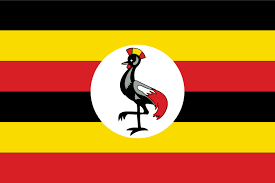 Official Website of the Ministry of Water and Environment
Official Website of the Ministry of Water and Environment

